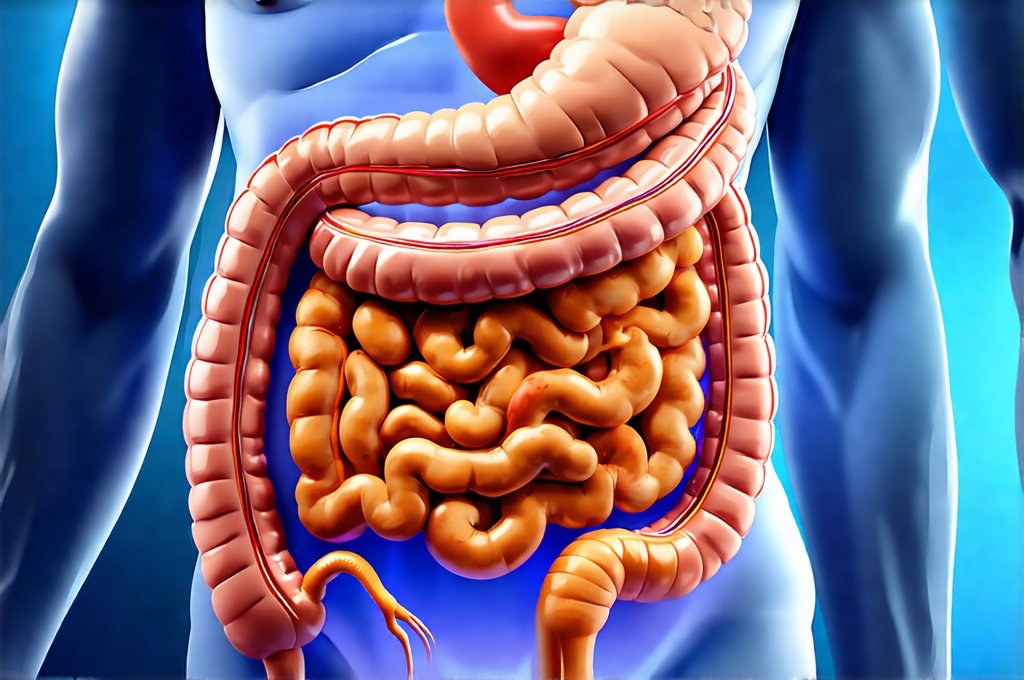Our modern lives are often characterized by a constant low-level hum of stress. It’s not usually dramatic, life-altering events causing the most prolonged damage – it’s the accumulation of seemingly small stressors: traffic jams, demanding work schedules, financial worries, relationship friction, endless to-do lists, and the relentless barrage of information from news and social media. We often dismiss these as “just part of life,” but what many don’t realize is that this chronic, subtle stress takes a significant toll on our bodies, particularly our digestive system. The gut and brain are inextricably linked – a bidirectional communication highway known as the gut-brain axis – meaning that psychological stress directly impacts gut function, and vice versa. Ignoring these cumulative effects can lead to a cascade of digestive issues, ranging from mild discomfort to chronic conditions.
The problem is compounded by our tendency to normalize being “busy” and “stressed.” We’ve come to view overcommitment as a badge of honor, often sacrificing self-care practices like adequate sleep, healthy eating, and regular exercise in the process. These lifestyle factors further weaken our resilience and exacerbate the impact of daily stress on digestive health. Understanding how minor daily stress adds up to big digestive issues is crucial for taking proactive steps towards improved well-being. It’s not about eliminating stress entirely – that’s unrealistic – but rather learning how to manage it effectively and protect your gut along the way. If you are struggling with these issues, consider how to talk to a doctor.
The Gut-Brain Axis: A Two-Way Street
The connection between our brain and our digestive system is far more profound than many people realize. This isn’t just a one-way street where stress causes stomach upset; it’s an ongoing dialogue, constantly influencing both mental and physical health. Neurotransmitters – chemical messengers in the brain – play a key role. Many of these are also produced in the gut, with approximately 90% of serotonin (the “happy hormone”) being manufactured there. This highlights how crucial gut health is for mood regulation and overall mental well-being. When stressed, the brain signals to the gut, often leading to altered motility (movement of food through the digestive tract), changes in gut permeability (“leaky gut”), and shifts in the composition of the gut microbiome – the trillions of bacteria residing in our intestines.
These alterations aren’t just temporary inconveniences. Chronic stress disrupts the delicate balance of the gut microbiome, reducing beneficial bacteria and allowing harmful ones to flourish. This imbalance, known as dysbiosis, can contribute to inflammation throughout the body, weakening the immune system and increasing susceptibility to various health problems, including digestive disorders. Furthermore, a compromised gut barrier allows undigested food particles and toxins to enter the bloodstream, triggering an immune response and potentially leading to systemic inflammation. This creates a vicious cycle: stress impacts the gut, a disrupted gut exacerbates stress, and so on. It’s important to learn how to recover after stressful events.
The vagus nerve is another critical component of this axis, acting as a direct communication line between the brain and gut. Stress can negatively impact vagal tone – the ability of the vagus nerve to effectively regulate bodily functions. Low vagal tone is associated with increased inflammation, poor digestion, and even mental health issues like anxiety and depression. Restoring vagal tone through practices like deep breathing exercises, meditation, and mindful movement can be a powerful way to buffer against the negative effects of stress on both digestive and mental health. Rest days are also vital for restoring your vagal tone.
How Stress Manifests in Digestive Symptoms
Stress doesn’t always present as obvious stomach pain or bloating. It often manifests in a variety of subtle – yet significant – ways that can gradually escalate into more serious problems.
- Changes in bowel habits: This is one of the most common signs. Stress can cause either constipation (difficulty passing stool) or diarrhea (frequent, loose stools), or even alternating between the two. The gut’s motility is highly sensitive to stress hormones like cortisol.
- Bloating and gas: Stress slows down digestion, allowing food to ferment in the intestines, leading to increased gas production and uncomfortable bloating.
- Heartburn and acid reflux: Stress can increase stomach acid production and relax the lower esophageal sphincter (the muscle that prevents stomach acid from flowing back up into the esophagus), contributing to heartburn and acid reflux symptoms.
- Nausea: Even mild stress can trigger nausea in some individuals, particularly when combined with anxiety or worry.
It’s important to note that these symptoms are often non-specific – meaning they can be caused by a variety of factors besides stress. However, if you notice a consistent pattern between stressful periods and digestive discomfort, it’s a strong indication that stress is playing a role. Ignoring these signals can lead to chronic digestive issues like Irritable Bowel Syndrome (IBS), where the gut becomes hypersensitive and overly reactive. If dealing with digestive issues on special occasions is a concern, there are ways to manage it.
The Role of Cortisol & Inflammation
Cortisol, often dubbed the “stress hormone,” plays a central role in how our bodies respond to stressors. While acutely elevated cortisol levels can be helpful – providing energy and focus during times of crisis – chronically high cortisol is incredibly damaging. It suppresses the immune system, disrupts sleep patterns, and significantly impacts gut function. Chronic inflammation is a hallmark of stress-related digestive problems. Cortisol dysregulation leads to increased intestinal permeability (leaky gut), allowing inflammatory molecules to enter the bloodstream, triggering an immune response and creating a cycle of chronic inflammation.
The gut microbiome is also heavily influenced by cortisol levels. High cortisol can reduce microbial diversity and promote the growth of harmful bacteria, further exacerbating inflammation. This creates a feedback loop where stress leads to dysbiosis, which in turn increases inflammation and impairs gut function. Can digestive stress also affect other parts of the body?
Simple Strategies for Stress Management & Gut Health
Managing daily stress is not about eliminating it – it’s about building resilience and mitigating its impact on your digestive system. Here are a few practical strategies:
- Mindfulness and Meditation: Even 5-10 minutes of daily mindfulness practice can significantly reduce stress levels and improve vagal tone. Apps like Headspace or Calm offer guided meditations for beginners.
- Deep Breathing Exercises: Diaphragmatic breathing (belly breathing) activates the parasympathetic nervous system, promoting relaxation and reducing cortisol levels. Practice taking slow, deep breaths several times a day.
- Regular Exercise: Physical activity is a powerful stress reliever and improves gut motility. Aim for at least 30 minutes of moderate-intensity exercise most days of the week.
- Prioritize Sleep: Aim for 7-9 hours of quality sleep per night. A well-rested body is better equipped to handle stress.
- Dietary Changes:
- Focus on a whole-food diet rich in fiber, fruits, and vegetables.
- Limit processed foods, sugar, and caffeine, which can exacerbate gut inflammation.
- Consider incorporating fermented foods like yogurt, kefir, or sauerkraut to support a healthy gut microbiome.
- Hydration: Drink plenty of water throughout the day to aid digestion and prevent constipation.
Ultimately, recognizing the profound link between stress and digestive health is the first step towards taking control of your well-being. By proactively managing stress and prioritizing gut health, you can build resilience and create a healthier, happier life. Remember that consistency is key – small changes, consistently applied, can yield significant results over time. If you’ve had a rough patch, how to reduce digestive stress can help. And remember how to celebrate without triggering gut issues!


















